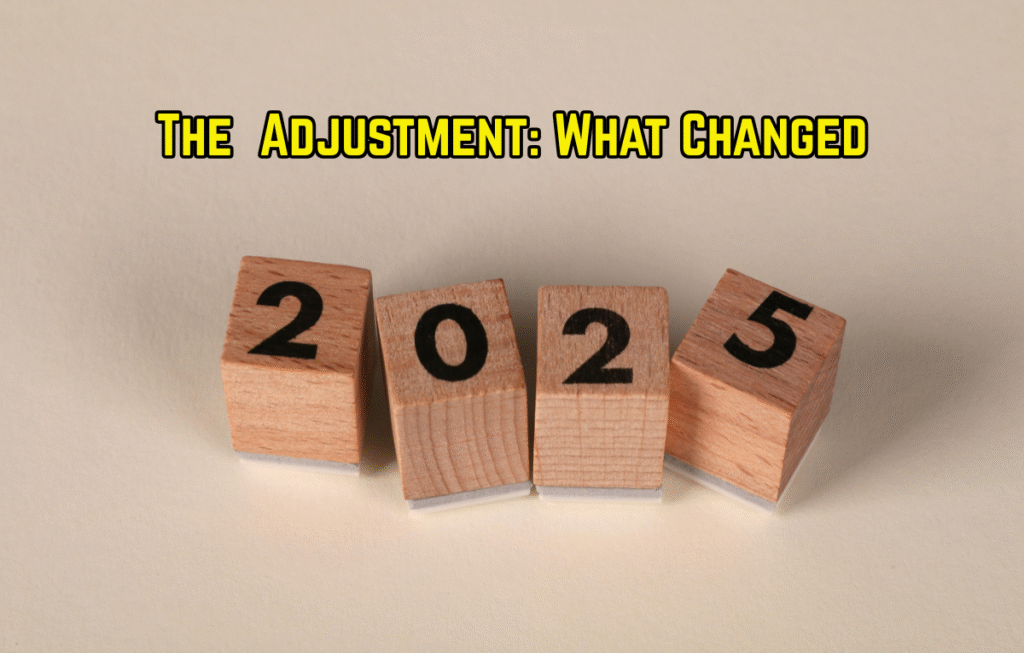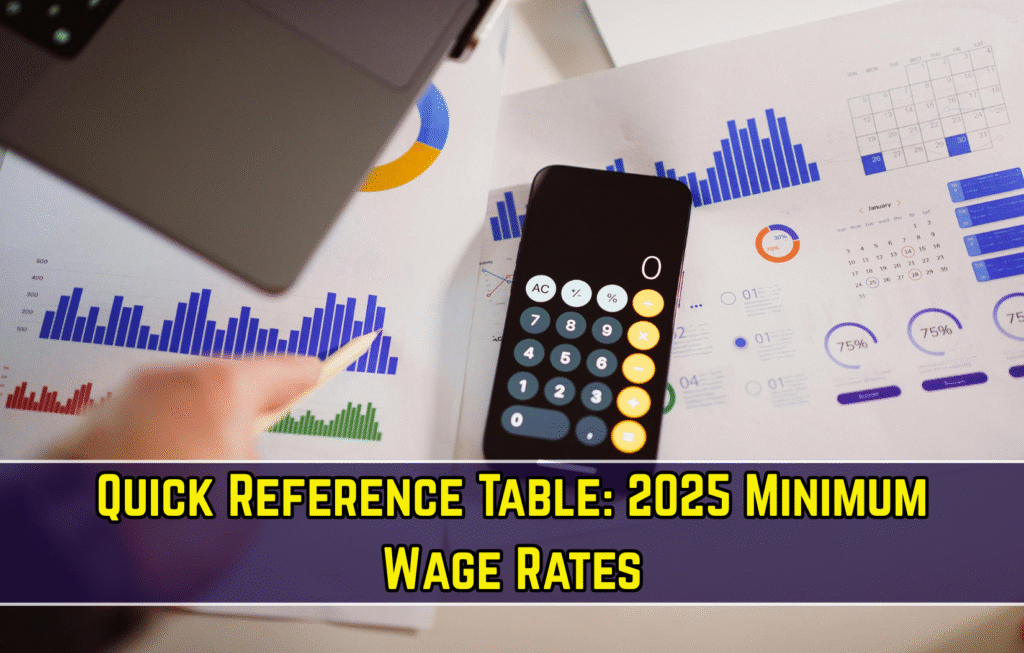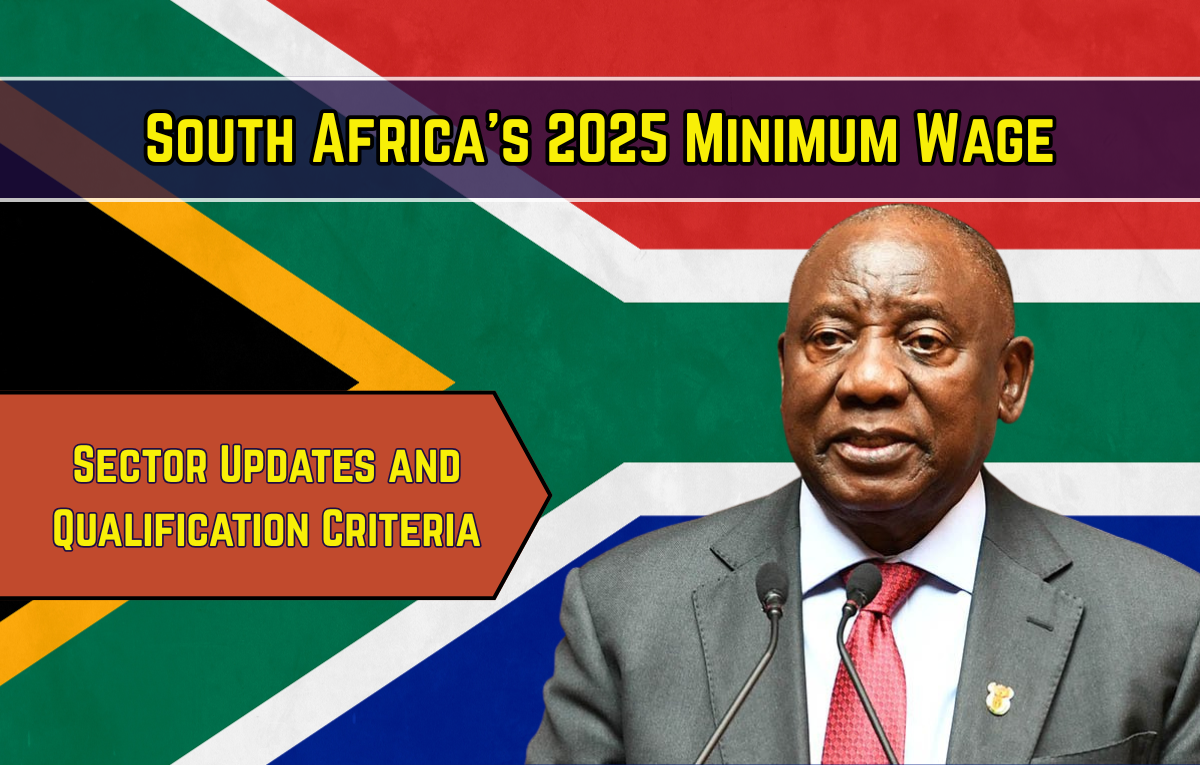South Africa Minimum Wage 2025: What’s New & Who It Affects
South Africa’s minimum wage regime has seen a significant adjustment effective 1 March 2025. The changes affect most workers across sectors, with special rules in certain areas such as public works, domestic work, contract cleaning, and learnerships. Understanding the updated rates, who qualifies, and how it applies is essential for both employees and employers. Below is a breakdown of the latest rates, sectoral nuances, legal scope, compliance issues, and potential impact.
The 2025 Adjustment: What Changed

National Minimum Wage Increase
On 5 February 2025, the Minister of Employment and Labour, Nomakhosazana Meth, formally announced the upward revision of the National Minimum Wage (NMW). The standard hourly wage increased from R 27,58 per ordinary hour worked to R 28,79, effective 1 March 2025.
This amounts to an approximate increase of 4.4%.
This mandatory floor rate is binding across most categories of workers, including domestic workers and farmworkers, aligning them with the general workforce.
Sector‑Specific & Special Rates
While the base rate applies broadly, certain sectors or worker categories have distinct minimums or special dispensation:
- Expanded Public Works Programme (EPWP): Workers in this category are exempt from the general rate and instead have a lower, specific rate. Their minimum increases from R 15,16 to R 15,83 per hour.
- Contract Cleaning Sector: Because of variation in geographic and municipal contracts, the contract cleaning sector has differentiated rates:
- In major metropolitan areas such as the City of Cape Town, Greater East Rand Metro, City of Johannesburg, Tshwane, and Nelson Mandela Bay: the contracted minimum is R 31,69 per hour.
- In other areas, a rate of R 28,89 per hour is applied for contract cleaning work.
- Learners / Learnerships: Learners under training agreements may not receive the full NMW. Instead, they are entitled to a “learner allowance” based on credits earned and a national schedule, which was also adjusted upward in line with the overall wage increase.
Earnings Threshold Adjusted
Another important change relates to the earnings threshold under the Basic Conditions of Employment Act (BCEA). As of 1 April 2025, the annual earnings threshold is raised from approximately R 254,371.67 to R 261,748.45.
Why this matters: employees earning above that threshold are exempt from certain BCEA protections (such as rules about overtime, working hours, and rest breaks). Those below it retain full protections under the Act.
Who Qualifies & Are There Exceptions?
Who the NMW Applies To

The National Minimum Wage Act and related labour laws make the NMW applicable to:
- All workers employed by an employer (full-time, part-time, casual), for work done under their control.
- Domestic workers and farmworkers are now aligned with the general NMW—they must be paid at least R 28,79 per hour (unless they fall under special categories).
- Employees hired through contracts or subcontracting: the minimum wage must still be respected.
Exemptions & Special Cases
Not every person falls under the NMW. Key exceptions include:
- Expanded Public Works Programme (EPWP): as noted, those workers have a separate, lower minimum.
- Volunteers: individuals who perform work without any remuneration are not covered.
- Security services under special legislation: members of the South African National Defence Force, the National Intelligence Agency, and the Secret Service are excluded from NMW provisions.
- Payment in kind and allowances: The minimum wage calculation excludes certain allowances (such as for transport, tools, food, or accommodation) and excludes “payments in kind” (like board and lodging) or tips and bonuses. Employers cannot count those to bring someone’s total to the minimum wage.
- Learnerships / Trainees: learners in training may receive learner allowances rather than the full minimum wage, depending on credits or the learnership level.
What Counts as an “Ordinary Hour”
The NMW applies to ordinary hours worked. Overtime hours, night work premiums, or work on Sundays or public holidays are compensated separately and not counted as part of ordinary hours.
What the New Rates Mean in Practice
Hourly, Weekly, Monthly Earnings
Using the new hourly rate and standard working schedules:
- Hourly rate: R 28,79
- For a standard 38-hour workweek: weekly earnings would be approximately R 1,094.02
- Monthly income (based on 38-hour weeks × 4): around R 4,737.11
- For a 45-hour workweek: monthly pay would be roughly R 5,609.73
These figures provide a clear benchmark for what workers at the minimum wage level can expect to earn per month, depending on their hours.
Sectoral Differences Impact
- A contract cleaner in a metropolitan area may earn R 31,69 per hour—higher than the standard NMW.
- An EPWP worker, however, would earn only R 15,83, highlighting disparities in different categories.
Impacts on Employers & Compliance
Employers must:
- Review wage structures to ensure no employee is paid below the updated minimum.
- Re-examine all worker categories, including domestic, farm, contract cleaners, subcontracted labour, and EPWP participants.
- Adjust payroll systems and employee contracts to reflect the new hourly, weekly, and monthly rates.
- Ensure compliance with BCEA rules, especially for employees earning under the earnings threshold.
- Prepare for more frequent labour inspections expected throughout 2025.
- Avoid reducing hours or cutting benefits unlawfully to offset wage increases, as this may constitute an unfair labour practice.
Challenges, Criticisms & Risks
While the 2025 minimum wage increase has been applauded by labour advocates, several challenges and concerns remain:
1. Cost of Living / Inflation Pressure
A 4.4% increase may not be enough to keep pace with rising inflation, especially in urban areas where transport, food, and housing costs continue to climb.
2. Informal Economy & Noncompliance
Millions of workers operate in informal sectors where enforcement is difficult. This makes it challenging to ensure full compliance, leaving some workers vulnerable.
3. Burden on Small & Micro Businesses
Small business owners and informal employers may struggle to afford the higher wage bills. This could lead to job cuts, reduced working hours, or reluctance to hire.
4. Sector Discrepancies
The wide gap between the EPWP minimum wage and the general minimum wage raises concerns around fairness. There are also concerns about potential workforce movement from lower-paying public schemes to higher-paying private-sector jobs.
5. Administrative and Compliance Costs
Compliance requires significant effort, especially for small businesses. This includes updating payroll software, retraining HR personnel, and preparing for inspections.
6. Unintended Consequences
In some cases, employers may attempt to offset wage increases by reducing other benefits or shifting workers into exempt categories, potentially eroding worker protections.
Quick Reference Table: 2025 Minimum Wage Rates

| Sector / Category | Hourly Rate (R) | Notes / Conditions |
|---|---|---|
| General / standard workers | 28,79 | Applies across most sectors, including domestic & farmworkers |
| Expanded Public Works Programme (EPWP) | 15,83 | Special lower rate for public works scheme |
| Contract Cleaning (Metro councils) | 31,69 | Metro area premium |
| Contract Cleaning (Other areas) | 28,89 | For non-metro contract cleaning |
| Learners (learnerships) | Variable / allowance schedule | Dependent on credits and national gazette schedule |
| Earnings Threshold (BCEA) | R 261,748.45 / year | Determines eligibility for certain labour protections |
What Workers & Employers Should Do Now
For Workers
- Check your pay slip to ensure you’re receiving at least R 28,79 per hour, unless you are an EPWP worker or a learner.
- Determine whether you earn more or less than the earnings threshold to understand which protections apply to you.
- If underpaid, raise the issue with your employer or report it to the Department of Employment and Labour or the CCMA.
- Keep accurate records of your working hours, pay, and contracts.
For Employers
- Conduct a full pay audit and make adjustments for anyone earning below the new NMW.
- Update employment contracts, shift schedules, and payroll systems accordingly.
- Ensure that all wage calculations exclude tips, bonuses, and in-kind benefits, as these cannot be counted toward the minimum wage.
- Provide training for HR and payroll teams to ensure accurate and legal implementation.
- Maintain detailed records, as proof of compliance may be required during inspections.
- If the increase places severe financial pressure on your business, explore temporary relief or exemptions as provided under labour regulations.
Looking Ahead: Trends & Expectations
- The National Minimum Wage Commission has previously recommended linking increases to inflation plus an additional margin (typically 1.5%). While some expected a higher increase, 4.4% was selected as a balanced approach.
- Labour inspections are expected to intensify in 2025, with an emphasis on enforcement in informal and vulnerable sectors.
- Future NMW adjustments will likely continue to reflect inflation trends and the cost of living.
- The new wage structure may
encourage more workers to seek formal employment and could also lead to changes in contract practices in sectors like domestic work and cleaning.
Conclusion
The 2025 minimum wage update solidifies South Africa’s baseline wage floor at R 28,79 per ordinary hour for the majority of workers, aligning previously separate categories such as domestic and farm labour into a unified standard. At the same time, specific sectors retain distinct minimums (e.g., EPWP, contract cleaning). The adjusted earnings threshold under the BCEA further defines which workers receive full labour protections.
Both workers and employers should be vigilant: workers must ensure they are not underpaid, and employers must realign pay systems and act proactively to avoid penalties. The wage increase is a step toward social equity, but its success will depend heavily on enforcement, compliance, and how broadly the gains reach workers in all sectors.
FAQs
Q1: What is South Africa’s new national minimum wage for 2025?
A1: From 1 March 2025, the national minimum wage is R28,79 per hour, up from R27,58—an increase of approximately 4.4%, applying to most formal workers nationwide.
Q2: Does the 2025 minimum wage include domestic and farm workers?
A2: Yes. As of 2025, domestic and farm workers earn the same minimum—R28,79 per hour—aligning them with the general workforce for the first time under national wage law.
Q3: What is the minimum wage for EPWP workers in 2025?
A3: Workers under the Expanded Public Works Programme earn a separate lower minimum of R15,83 per hour—this rate is legally permitted under sector-specific exemptions.
